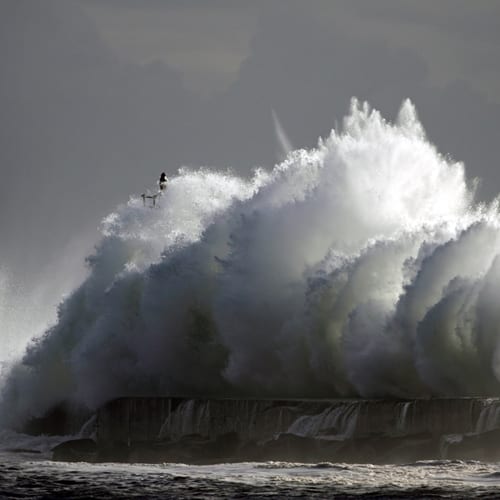Without proper preparation and research, commercial marine operations may leave their vessels at risk of damage if a hurricane strikes while out at sea. Even when a quiet hurricane season is expected, as is the case this year, reviewing the best practices for safety will impact storm readiness. If something does go awry, boat insurance coverage may aid in compensation for damages.
Here are some important tips for reducing boat damage when a storm arises. Owners and operators can't stop the weather by thinking ahead, but they can take better care of their property and manage the aspects within their control, such as the following:
- Have a plan in place: BoatSafe.com has a checklist of tasks for boat owners to follow before, during and after a storm. A large part of the pre-planning involves reviewing information, whether it's the storage policies of a local marina or the requirements of the marine insurers you work with.
- Keep a record of the boat: Documenting the status and contents of the boat before the storm comes is also advised, so you have evidence to refer to later. Anything valuable or loose onboard should be removed and kept in a safe place, as well. Performing a thorough examination of everything on the boat is a good idea so you will have an idea of the value of a potential loss.
- Secure the boat: Either tie down or anchor the boat and make sure that all trailers are weighted and prevented from rolling. The boat can also be moored on the water in inland "hurricane holes" where the winds won't blow too harshly.
If even the best preparations fail to prevent damage, custom insurance should apply to the craft and keep related costs low.

